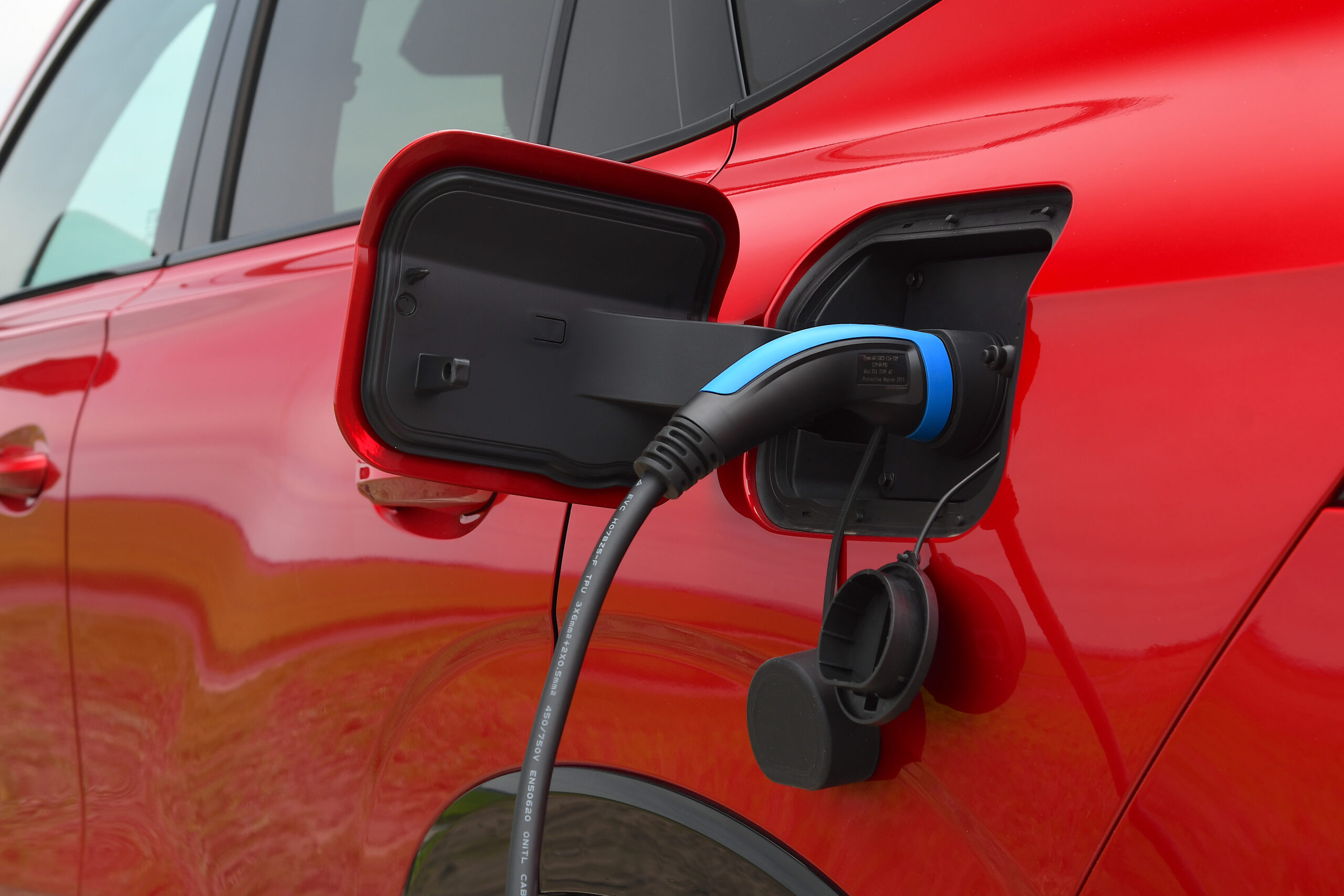Some autos are liable to shedding firm automobile tax breaks following the January 1 change to the best way plug-in hybrid (PHEV) gas effectivity and CO2 emissions are calculated.
These reforms come after long-standing criticism that the printed gas consumption figures of PHEVs don’t replicate precise efficiency, which in flip undermines their contribution to lowering producers’ and fleets’ CO2 output.
A PHEV’s effectivity is calculated by testing its electrical vary after which its gas consumption in hybrid mode. The electrical vary is used to supply a ‘utility issue’, a share of its complete mileage that might be accomplished on battery energy.
The longer the vary, the decrease the automobile’s CO2 emissions, though this assumes drivers plug in PHEVs, and real-world knowledge collected by the European Surroundings Company suggests this does not at all times occur. Throughout a pattern of 373,552 petrol PHEVs, drivers averaged 134g/km tailpipe CO2 emissions towards a broadcast 38g/km – a 254% hole. Diesel PHEVs fared even worse, averaging 155g/km or 326% extra CO2 than the 34g/km brochure common.
The brand new Euro 6e-bit check customary is designed to shut that hole, adjusting the utility issue to just accept a a lot decrease share of electrical driving. In flip, PHEVs might want to provide a for much longer electrical vary to get a major discount in CO2 emissions.
Euro 6e-bit applies to new fashions launched from 1 January 2025, and all new automobile and van registrations 12 months later. Producers have till 31 December 2025 to retest their total vary, which means printed CO2 emissions will change all year long.
Will increase may be substantial. The Worldwide Council for Clear Transport (ICCT) says CO2 emissions for a PHEV with a 70km (42 miles) electrical vary can greater than double, from 45g/km to 96g/km.
Leasing firm Alphabet has suggested fleets to pay shut consideration, warning that autos’ CO2 emissions are mounted when they’re manufactured, so retesting means some will change between order and supply – significantly in direction of the top of the yr.
The ICCT’s pattern car will stop to qualify for ultra-low firm automobile tax bands and 100% tax reduction for leased autos, as each are restricted to 50g/km of CO2. It can additionally lose probably the most beneficiant wage sacrifice incentives, that are capped at 75g/km.
About 80% of latest PHEVs are registered with corporations, in line with the Division of Transport.
Matt Walters, head of consultancy companies and buyer worth at Ayvens, says fleets are already phasing out PHEVs from wage sacrifice schemes in favor of BEVs, significantly because the UK authorities’s Autumn Finances confirmed that firm automobile tax incentives might be abolished from April 2028.
…………………………………………………..
AI IT SOLUTIONS – BLOG4CARS.COM
Subscribe Us.










